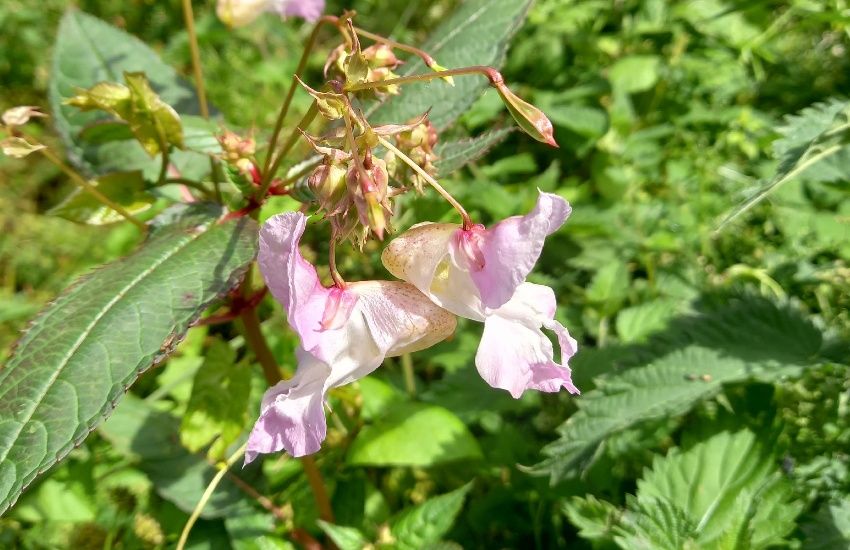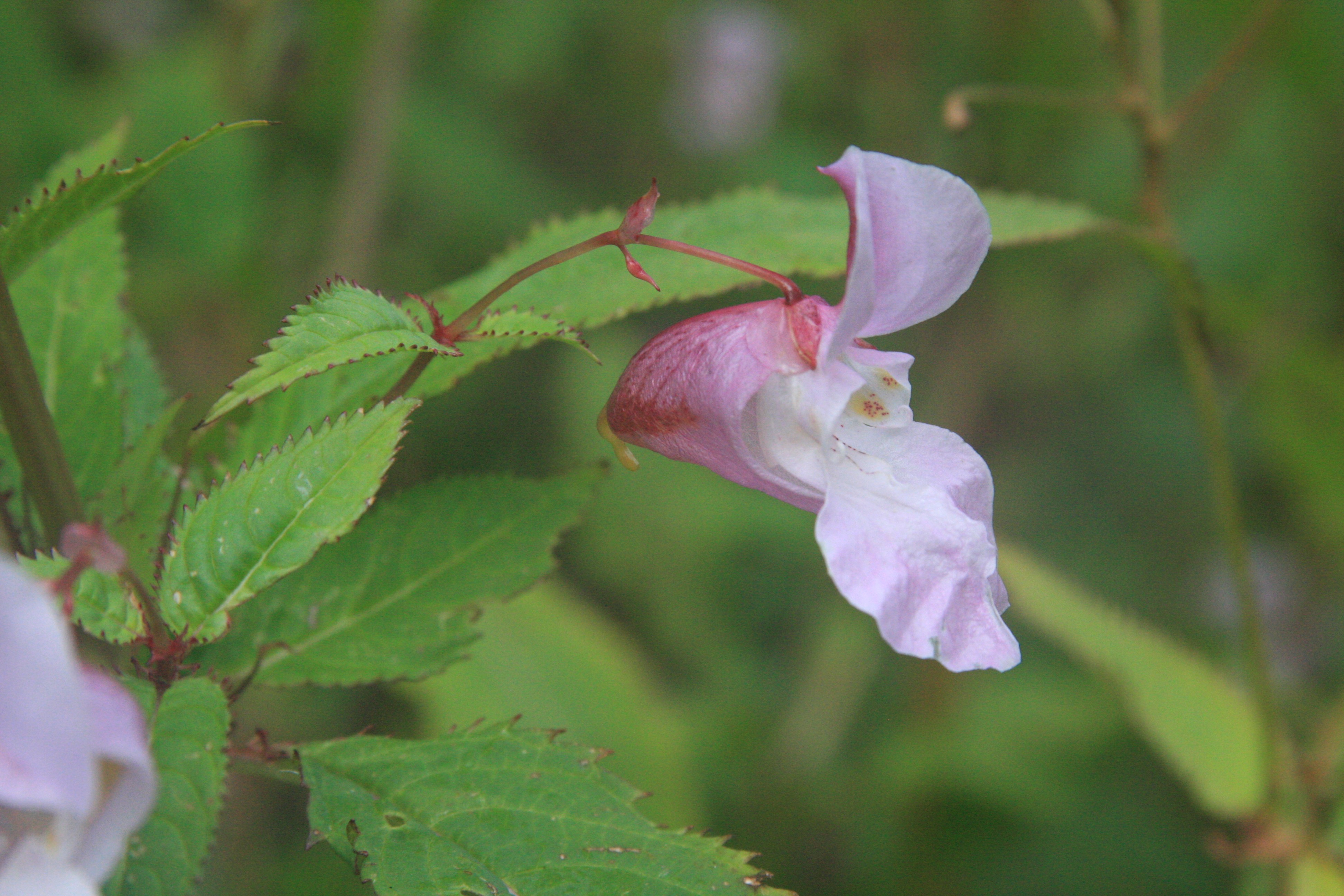


Despite three years of efforts to eradicate an invasive flowering plant, it’s returned to the island and the public is asked to monitor their land to stop any spread.
Himalayan balsam had been thought to be all but eradicated following a three-year removal programme, but this week Agriculture, Countryside and Land Management Services says a sighting has been confirmed.
It is still working to locate the plant after seeing a post on social media.
Himalayan balsam, a relative of the Busy Lizzie, was introduced to the UK from Asia in the 19th century and was thought to have been introduced to gardens in Guernsey in the 70s.
It grows to around 10 metres tall between June and October and produces many pink flowers and can thrive in low light.
If left unchecked it can lead to an uncontrolled spread causing harm to native plant and insect species which has occurred in some areas of the UK.
The remaining balsams are thought to be away from areas targeted during removal efforts as nothing has been identified in those areas.
People are asked to check and report any plants to the States as soon as possible since the plants are now going to seed.
A photography should be emailed to aclms@gov.gg or reported to 01481 220110.

Pictured: A closeup of the flowers.
Francis Russell, ACLMS Non-Native Invasive Species Team, said the plant was mainly removed from private gardens but there may be more areas where it’s persisted.
“We rely on the public’s interest and support in reporting this and any other invasive species. We are also grateful for their goodwill to allow us to access their land to remove it once it’s been identified,” he said.
“As an annual plant it is quite distinctive and very easy to remove before it spreads hundreds of seeds. We really don’t want to see this species becoming established in Guernsey as it spreads alarmingly easily and will become a significant problem for our natural spaces and for landowners.
“We would encourage anyone who believes they have found Himalayan balsam to contact us as soon as possible.”
Comments
Comments on this story express the views of the commentator only, not Bailiwick Publishing. We are unable to guarantee the accuracy of any of those comments.